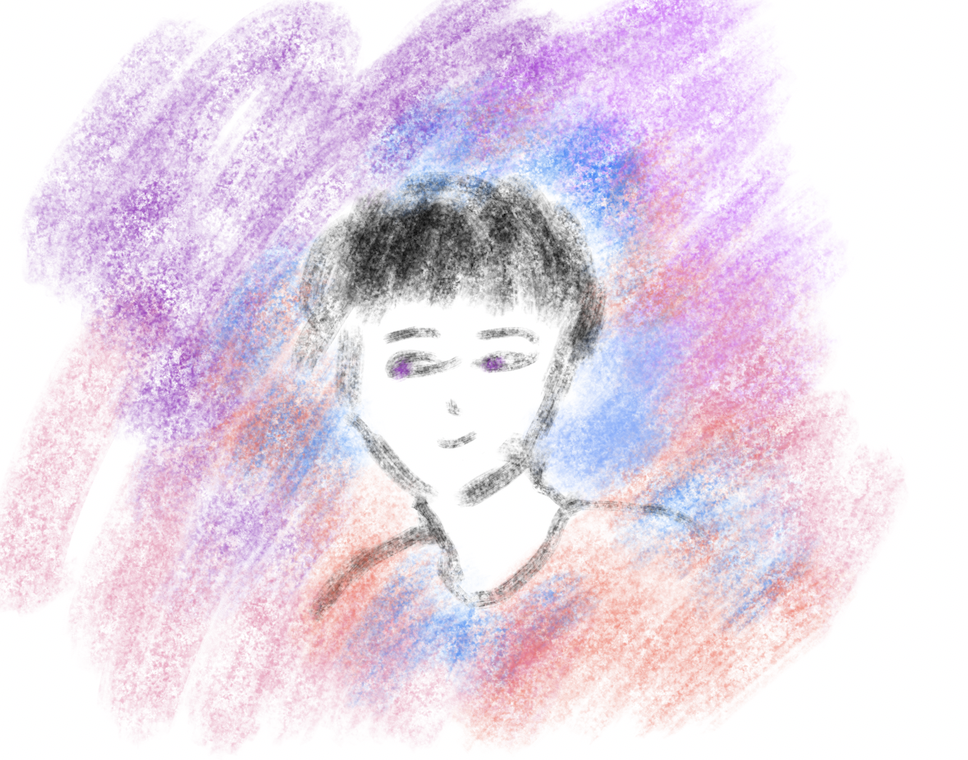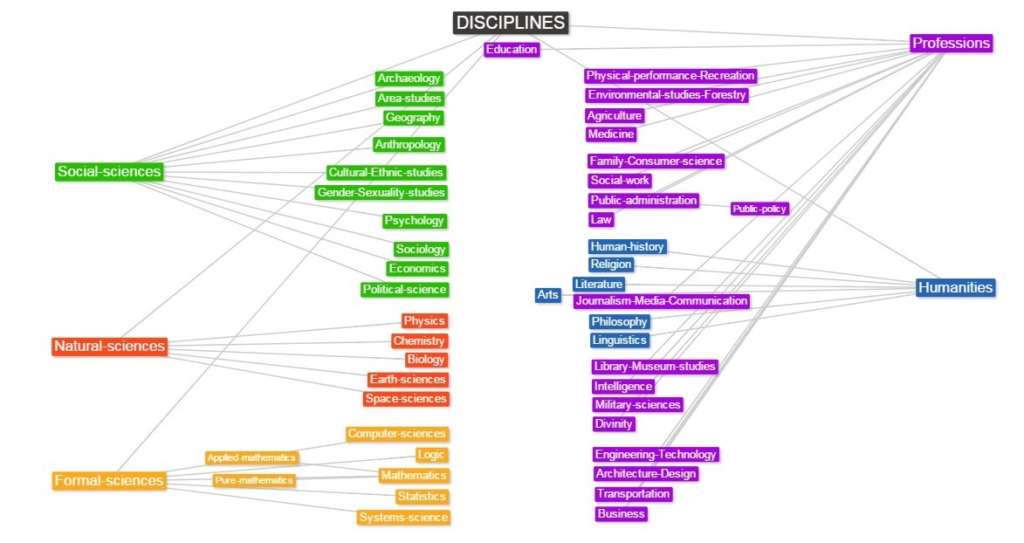I’m thinking about causality a lot recently. What triggers it is I realized I haven’t got a lot going on that can cause something in my life. It’s very predictable. Everyday I go to the university, continue doing something I left with the day before and that’s it. This is a closed society, here, the city I am living in. I am not used to it at all, still, after one and a half years of trying. I try to like it, and in fact, I do for the most part. But this kind of like is by default, because there isn’t a forseen alternative. I have the opportunity to use my time on something I like and am good at. I don’t need to deal with too many social interactions. But on the other hand, unpredicability is the poetic side of life. I gave that up and part of me is yearning for it.
I was trained by the metropolis to let loose. To focus on what I can control and let chance take over those I can’t. It was a beautiful philosophy of life, with the delicate balance between me and not me. From one point there can be ten weighted edges, and although my personality leads me to choose the one of my preference, the environment could push me to picking one from the other nine. Some different decisions, albeit small, like the choice of dinner, could lead to life changes; and some albeit big, like choosing education, can look trivial when time goes by. One cannot estimate the capacity of causality among choices, and that is the art of metropolis life.
Thus I am extremely adroit at making small decisions. I’ve trained myself to adopting a decision-making procedure that is both practical and efficacious. And when the decision is proven to be bad, I don’t cling too much to it. At the end of the day, I can always say that I’ve immersed into life.
But here I’ve taken on a whole different strategy. There aren’t a lot of decisions to make, and if there are any, they are mostly not triggers of anything unexpected. There are conventions on everything, based on what the predicability is high on all fronts.
A direct consequence of this kind of society is that people can feel trapped. Although we don’t know if we have free will, but the appearance of free will is not easily felt in this society. We don’t feel we are free by following convensions. We feel free by coming up with our strategies for unique situations. To be fair, it is very rare for any situation to be unique, which is, not experienced by anyone else in the entire history, but that doesn’t make following other’s coping mechanism a better idea for everyone. In fact, solving problems independently is one of the strongest sources of pleasure, and it makes one mentally and phisically robust.
Thus spoke me. Sometimes I get this subtle feeling of floating above this society instead of being in it. More often, I have a stronger feeling of being an actor to play out my pre-destined role. This is what feels like in this kind of environment. When events have high predicability, one can easily jump out of their position and think what actually is going on here. A streamlined life. A 9-5 actress. Mostly I can go forward with an automatic force, or inertia. The friction is so small that the initial force can make one go strong for quite a while. During this time, life is on auto-pilot. It gives me a lot of time and energy to go metaphysical.
If metropolitan life is art, then small city life is for drudges. Incidentally, I admire a lot of nobel drudges. Even more so than artists.

